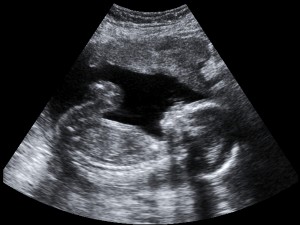 Obese women are just as likely to have success through in vitro fertilization (IVF) with donor eggs as women of normal weight, according to one new study. Previous research has demonstrated that obesity is associated with a lower pregnancy success rates using IVF, but most of the studies have been focused on women using their own eggs. The studies that have looked at obese women using donor eggs for IVF have produced mixed results.
Obese women are just as likely to have success through in vitro fertilization (IVF) with donor eggs as women of normal weight, according to one new study. Previous research has demonstrated that obesity is associated with a lower pregnancy success rates using IVF, but most of the studies have been focused on women using their own eggs. The studies that have looked at obese women using donor eggs for IVF have produced mixed results.
This study is from researchers at Washington University School of Medicine who used data from approximately 4,700 women who took part in previous research. The key finding was that not only did obese women who used donor eggs have pregnancy rates similar to normal-weight women, but they also had similar rates of live birth and miscarriage.
Currently, some IVF clinics follow body-mass index (BMI) restrictions and will not treat women who exceed the limit. (BMI of 30 or greater is considered obese.) The study authors say that their work “supports the argument that doctors shouldn’t discourage obese women from pursuing treatment if they need donor eggs to conceive and that the use of BMI limits should be reevaluated.”
Dr. Christine Ren Fielding, expert bariatric surgeon in New York, spoke with us about the study. She said, “Although it is positive news that obese women can have successfully implanted donor eggs, it still does not address the increased risk that obese women have of gestational diabetes and preeclampsia, which may adversely affect the health of the mother and/or the baby.”
In contrast to the findings of this study, a recent study from Spain involving obese women using donor eggs for IVF found that carrying excess weight negatively impacts pregnancy results. Specifically, the researchers reported that when using donor eggs, obese recipients had a 23 percent lower implantation rate than normal weight recipients, 19 percent lower clinical pregnancy rate, and 27 percent lower live birth rate. You can read more about the study here.
Obesity and fertility are complex conditions and sometimes studies contradict each other. More research needs to be done in many cases to confirm and expand on the results of studies.






Weight Loss Studies & Clinical